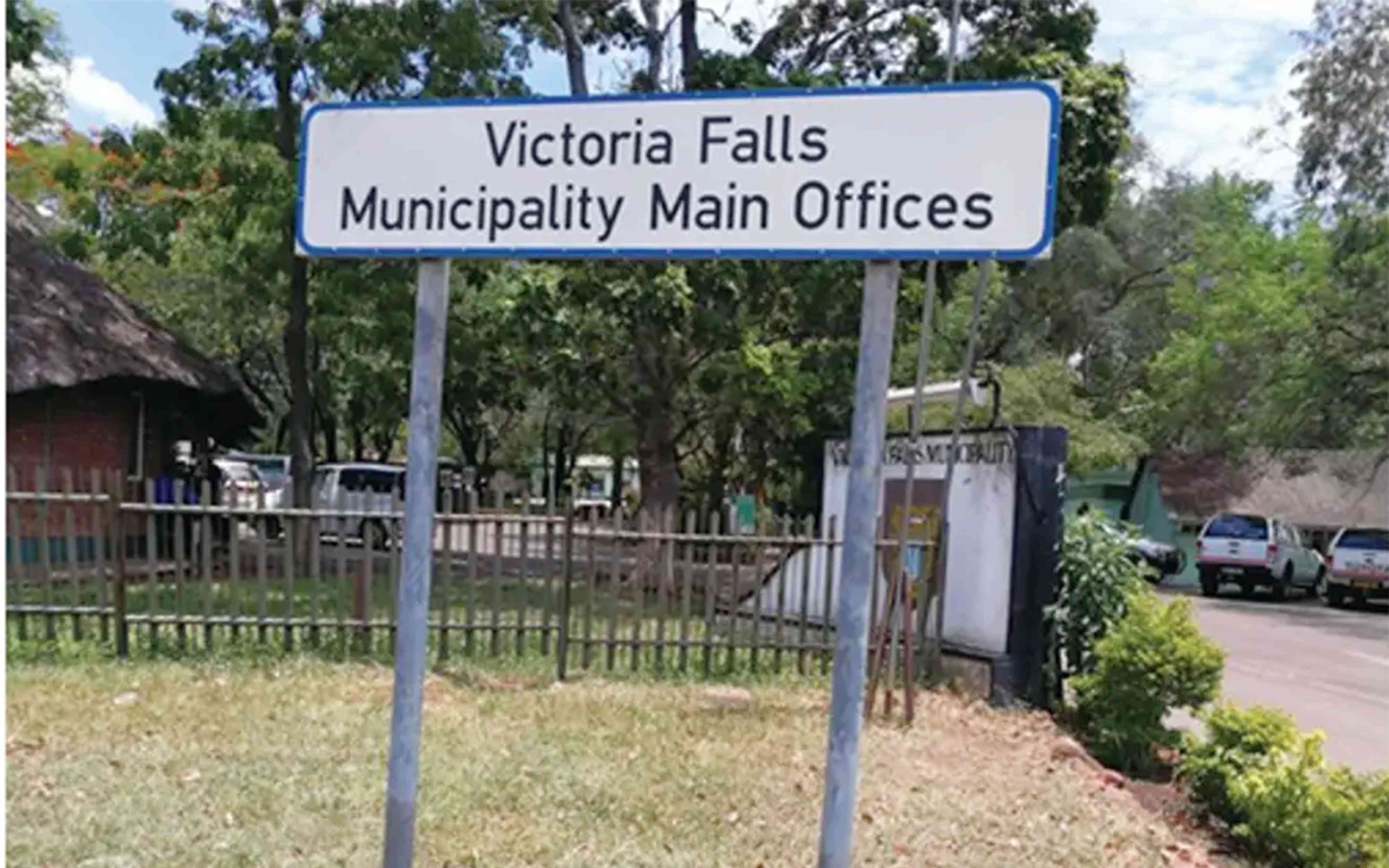
THE government says it was actively involved in advocacy campaigns which saw the United Kingdom (UK) recently stop recruiting local health personnel.
The UK last month included Zimbabwe among 53 countries where it can no longer recruit health personnel because their own health delivery systems were suffering.
This followed waves of skills flight across the health delivery system, with nurses fleeing crumbling hospitals and poor pay for better opportunities in more stable economies.
The UK, Zimbabwe’s former colonial power, has been the destination of choice for local professionals.
In an interview with the Zimbabwe Independent this week, Public Service, Labour and Social Welfare minister Paul Mavima said instead of leaving the brain drain to continue unchecked, the country was pursuing bilateral agreements with several countries to provide funding for training nurses and other professionals.
Countries that will agree to deploy funding for the programme will then absorb nurses from Zimbabwe when they run short of staff.
Mavima said the strategy will ensure that Zimbabwe benefits.
“That decision to stop the recruitment of nurses is a result of advocacy by the government of Zimbabwe to say we are training and then we become the hunting ground of developed countries,” Mavima told the Independent.
- Teachers, other civil servants face off
- Veld fire management strategies for 2022
- Magistrate in court for abuse of power
- Vungu Dam water treatment and irrigation project takes off
Keep Reading
“We lose out due to that brain drain. So, the idea now is we stop this and go into an arrangement where we get financial assistance to boost our training so that if nurses are approached we will be left with a bigger pool to choose from,” Mavima said.
“The second aspect is we then go into a formal bilateral agreement with various countries so that we can send our people there and once they go there, we will also benefit and our people will also benefit since these will be country to country negotiations,” Mavima added.
Latest statistics by the UK’s Office of National Statistics showed that Zimbabwe was among the top five countries that registered the highest number of citizens granted work visas to Britain over the past two years.
Zimbabwe has over the years recorded a mass exodus of skilled workers, including at least 3 000 health professionals to the UK in the past two years.
In a recent interview with our sister paper Newsday recently, Zimbabwe Professional Nurses Union secretary-general Douglas Chikobvu described the recruitment ban as a major blow for health professionals.
“As it stands, the future of Zimbabwean nurses set to leave for greener pastures has been dealt a big blow. The government has been abusive in how (it is) handling the plight of nurses. Instead of addressing the root causes, (it is) coming up with a raft of measures to tie our already impoverished and starving nurses.
“The reason for the massive brain drain is due to measly wages. What we all expected the government to do was to swiftly address bread and butter issues by awarding nurses a living wage in US dollars,” Chikobvu said.
The government has reportedly stopped issuing clearance letters for nurses, a move which was followed by mass resignations that have hit the country’s public hospitals.
In March, the government doubled application fees for nurses’ confirmation letters and certificates from US$150 to US$300.
Official figures show that last year alone Zimbabwe lost nearly 1 800 nurses, mainly to Britain. That was more than 10% of all the nurses working in public hospitals.










